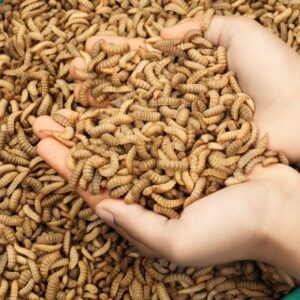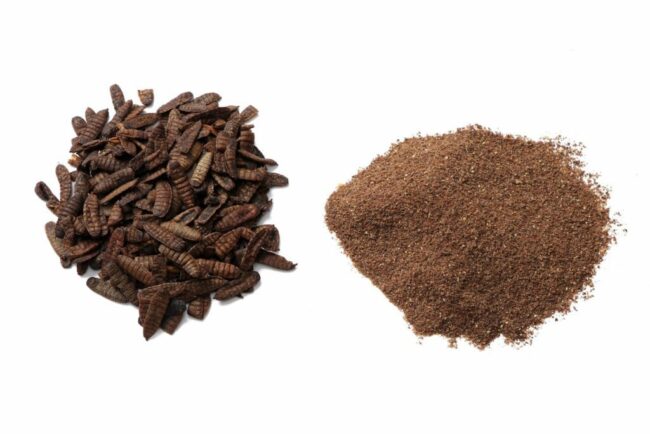Imagine enormous piles of food waste, full of possibilities but destined directly for the garbage. Now, to turn the script around, picture legions of premiumfeeders Black soldier fly larvae rapidly consuming the same garbage and producing priceless byproducts. It resembles science fiction nearly exactly. Still, it’s true, and the advantages for the surroundings are really clear-cut.

First let us address food waste. Every single year, the globe wastes around 1.3 billion tons of food. Over 100 years, mounting landfills from urban and agricultural residues causes methane emissions—a greenhouse gas roughly 28 times more strong than carbon dioxide. Now let me introduce our tiny heroes. Black soldier fly larvae ravenous for organic garbage. They can chew through leftovers from restaurants, discarded grains, leftovers from vegetables and even dung. Their method of digestion turns this garbage into larval biomass, therefore reducing disposal quantities by up to 70%. We are not only talking crumbs here; tons of garbage diverted from landfills avoids the grasp of methane.
But there is a cherry on top: larvae recycle rather than merely devour. Not a gourmet dessert, their frass—that is, bug poop—is a great fertilizer left behind. Enhanced with nitrogen, phosphorous, and potassium, this organic residue enhances soil quality and promotes crop growth. It substitutes chemical fertilizers that wash into rivers and cause dead zones and algae blooms. Have you ever had a garden? Soon among green thumbs, frass may become the new black gold.
The larvae themselves are really powerful. Turning trash, they are high in protein and fat, perfect components for environmentally friendly animal feed. Insect-based diets help chickens, fish, and even pets flourish; they also avoid problematic soybean production and overfished ocean reserves. Imagine a tilapia farm fed fly larvae instead of fishmeal derived from wild-caught anchovies. Both aquatic habitats and hungry tilapia will benefit from that.
